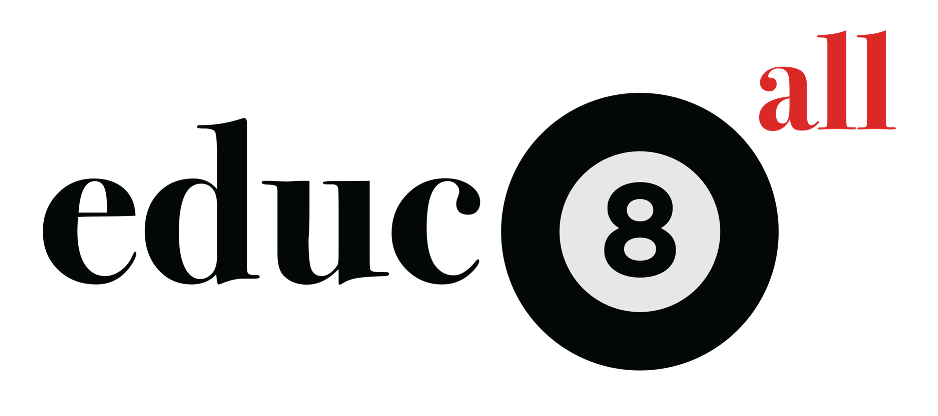Introduction:
Key Stage 3 is the first three years of secondary education in England, Wales, and Northern Ireland. It is a critical phase in a student’s academic journey as it sets the foundation for their Key Stage 4 studies. During Key Stage 3, students study a wide range of subjects to develop their knowledge and skills in preparation for their future studies and careers. In this article, we will discuss the subjects required, how and when assessments are completed, and the transition to Key Stage 4.
Subjects Required:
Students study a broad and balanced curriculum that includes the following compulsory subjects:
- English
- mathematics
- science
- history
- geography
- modern foreign languages
- design and technology
- art and design
- music
- physical education
- citizenship
- computing
Schools must also provide relationships, sex and health education as well as religious education. Parents may ask for their children to be taken out of either of these.
The National Curriculum sets out the expectations for each subject, and teachers use it as a guide to plan their lessons and assessments. While each school may have some flexibility in their curriculum, they must cover the National Curriculum requirements.
Assessments:
Assessments normally play a crucial role in monitoring a student’s progress and identifying areas that need improvement. At Key Stage 3, assessments vary by school following the abolition of National Curriculum levels at Key Stage 3. Consequently, any assessments that schools have chosen to undertake could in theory include a mix of written exams, practical tasks, and coursework.
As Key Stage 4 is indeed assessed in a unified way, many schools have opted to align their assessment framework with some or all aspects of Key Stage 4. Accordingly, assessments are designed to test the student’s knowledge and skills in each subject. The results of these assessments are used to inform the student, their parents, and their teachers of their progress. It also helps teachers identify students who may need additional support to achieve their full potential.
Transition to Key Stage 4:
The transition from Key Stage 3 to Key Stage 4 can be challenging for some students. Key Stage 4 is when students start working towards their GCSE qualifications, and the expectations and workload increase significantly. However, the knowledge and skills gained during Key Stage 3 lay the foundation for success in Key Stage 4.
Schools use various strategies to support students during this transition. These may include:
- Information evenings for parents and students
- One-to-one meetings with a designated teacher
- Workshops to develop study skills and exam techniques
- Subject-specific support sessions
- Access to careers guidance and advice
FAQs:
Q: Can students choose their subjects at Key Stage 3?
A: While schools may offer some choice in their curriculum, students are required to study the core subjects of English, Mathematics, and Science as well as the others listed above.
Q: Do students receive grades at Key Stage 3?
A: While students may receive grades for their assessments, these are usually not used for formal qualifications (and not necessarily comparable across schools due to the idiosyncratic nature of Key Stage 3 assessment). Instead, they are used to monitor progress and identify areas for improvement.
Q: What is the importance of Key Stage 3 in a student’s academic journey?
A: Key Stage 3 lays the foundation for success in Key Stage 4 and beyond. It is a crucial stage in a student’s academic journey as it helps them develop the knowledge and skills they need to achieve their full potential.
Conclusion:
Key Stage 3 is a critical stage in a student’s academic journey. It is where they build a strong foundation in various subjects and develop the knowledge and skills they need to succeed in Key Stage 4 and beyond. By understanding the subjects required, how and when assessments are completed, and the transition to Key Stage 4, students, parents, and teachers can work together to support the student’s success and help them achieve their full potential. With a broad and balanced curriculum, regular assessments, and targeted support during the transition to Key Stage 4, Key Stage 3 provides a solid foundation for future academic and career success.
